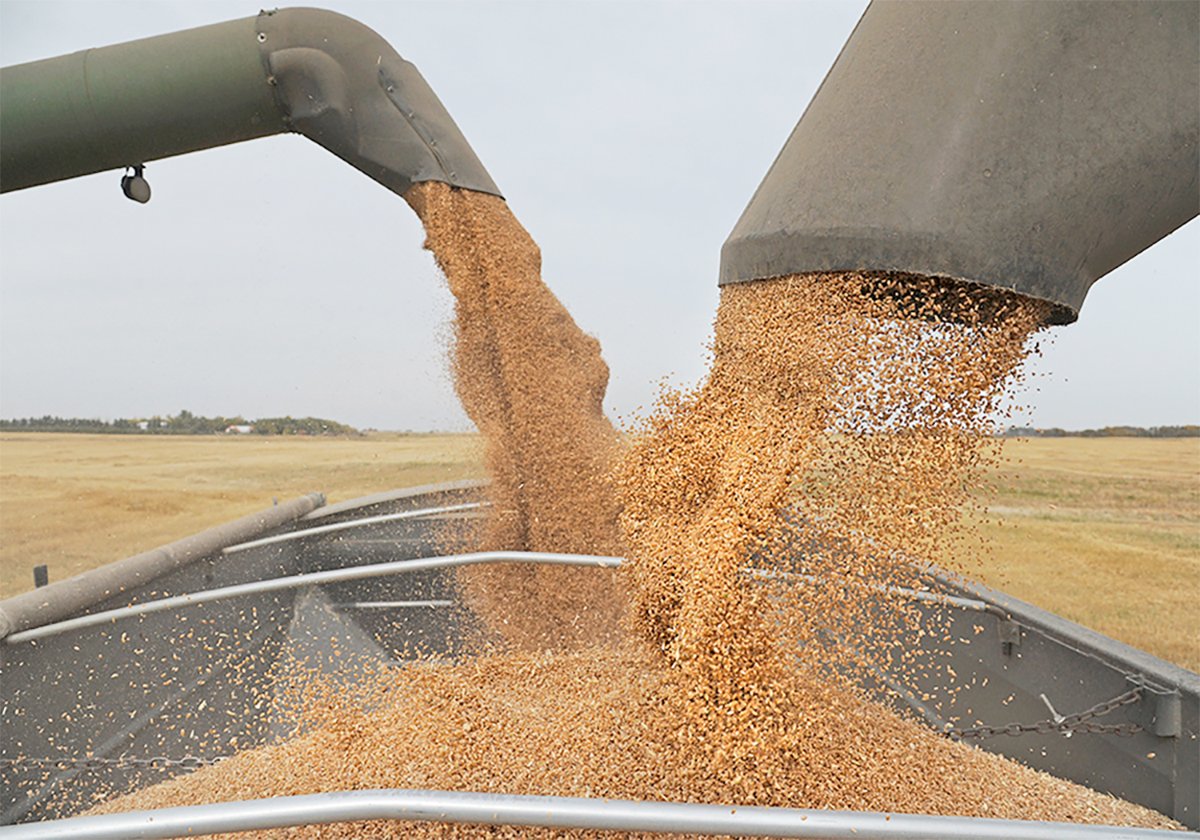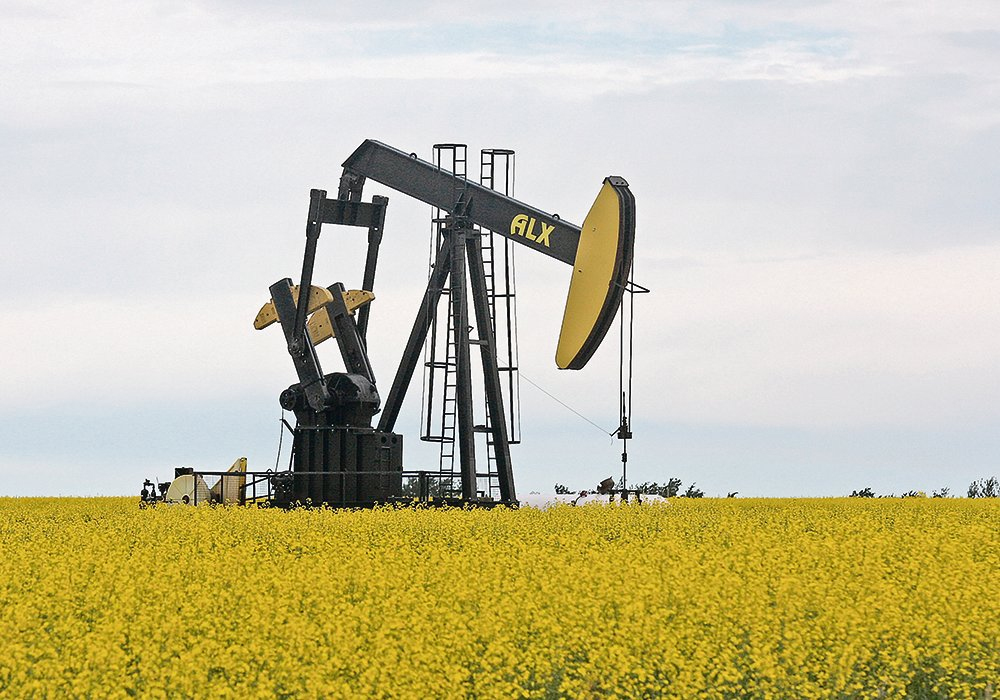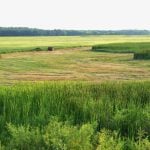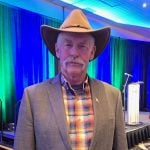Moving away from fossil fuel as our main source of energy is not going to be easy.
The scientific community is adamant that we must do this if we are to have any chance of getting climate change under control. That means replacing fossil fuel mainly with renewable sources of energy.
It doesn’t mean scrapping fossil fuel immediately, but we must start getting our heads around the fact that at some point in the not-so-distant future we are going to have to find less planet-damaging ways to produce energy.
Read Also

Agriculture productivity can be increased with little or no cost
There’s a way to enhance agricultural productivity with little or no cost. It doesn’t even require a bunch of legislative changes.
There are all sorts of challenges ahead, of course.
Look at Europe’s energy crisis, for example, where a perhaps too-hasty move away from coal, gas and nuclear energy has not been met by the necessary increase in wind and solar production.
Another challenge has also popped up — public opposition to the type of infrastructure that is needed to generate energy from the wind and the sun.
The fight against wind farms has been waged for years on the Prairies. Neighbours call the turbines a visual blight and balk at the noise.
However, we are now starting to also see opposition to solar energy projects as they become more common.
A four-page package on pages 22-25 of this week’s issue of The Western Producer features stories that look at this opposition in Alberta.
WP reporter Doug Ferguson and freelance writer Mary MacArthur talk to folks who for one reason or another are unhappy with large solar panel installations proposed for two different parts of the province.
In one case, conservationists are concerned that a proposed project is too close to a lake that is considered important for bird populations. There is reason to believe that birds might mistake sunlight reflected off solar panels as water and die as they attempt to land.
In another case, landowners are worried not only about the despoliation of their view but also because the panels will be installed on an extremely productive quarter section of farmland.
And then, as can be seen in the op ed on this page, there are also concerns that renewable energy is much more expensive than is sometimes argued.
It’s all going to make for interesting times as we attempt to navigate the transition to a greener future.















